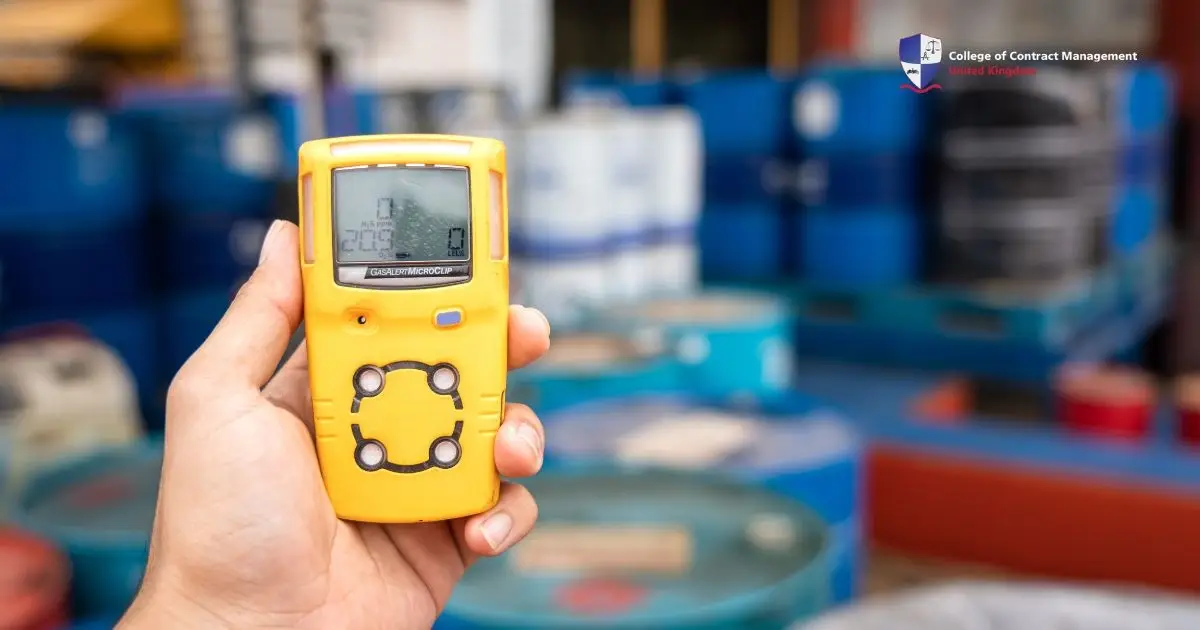Having a heat pump is a must-have for any house. Besides being more practical than the air conditioner, heat pumps can also contribute to reducing your CO2 emissions. However, choosing the right heat pumps can be tricky, even more so if you haven’t installed them before. This makes awareness of the heat pump installation process all the more important for residential and commercial property owners.
There’s no doubt that heat pump installation makes your home more comfortable. After all, that’s what people are looking for, right? If you’re considering installing a heat pump, this article will give you the information you need to know. It will guide you on how heat pumps are beneficial for you, what the requirements are, and the end-to-end process.
What is a heat pump?
Heat pumps are eco-friendly mechanical systems that transfer heat from one place to another. They can take heat from cold sources, such as water, air, or earth. To transfer the heat flow, they use a thermal flow system that involves various processes, including evaporation. Now, a heat pump installation can be done anywhere.
Some of these mechanical systems can be found not only in houses, but also in hospitals, hotels, or other commercial buildings. An interesting study shows that heat pump installations in the UK increased by 52% in 2024. It’s a huge increase from its utilisation compared to 2023. In other words, it’s slowly gaining more traction and with good reason.
The heat pump is often said as the perfect solution to reduce carbon dioxide emissions these days. They are using clean and natural resources instead of fossil fuels,t hat can pollute the air.
Benefits brought by heat pump installation
People install heat pumps in their homes for a reason. One of the main reasons is because of the simplicity and efficiency of this mechanical system in cold or hot weather. The practicality allows your room to absorb heat or cold as you wish. But besides all of that, what else are the benefits of heat pump installation? Take a look at some of them below.
1. Energy-efficient
One of the main reasons why heat pumps are so widely used is because of their energy efficiency. They don’t rely on fossil fuels and carbon, so it automatically reduces gas usage. Heat pumps are also well-known for their electricity-saving properties as they are able to generate heat energy up to three times more than electrical consumption.
2. Enhanced air quality
Heat pumps have complex filtration procedures that can enhance air quality in your rooms. With adjustable temperatures, you can enjoy better air quality without humidity. Good air quality itself is considered so crucial as it contributes directly to preventing some health issues. That’s why a heat pump installation is necessary as an investment in giving yourself a healthy environment to stay in.
3. Low maintenance
When it comes to machines or mechanical systems, the one thing that is most irritating is the maintenance. Luckily, heat pumps are considered low maintenance with yearly servicing at least. However, the maintenance should be done carefully to prevent damage. You can clean on your own, but if you’re not familiar with the components, hiring an HVAC contractor would be the perfect option.
4. Quiet
Heat pump installation is also perfect for those who want a quiet environment. Modern heat pumps operate almost silently, unlike other noisy machines. With reduced noise, many prefer these heat pumps as HVAC systems over traditional options. You’re not only able to enjoy good air quality but also the calm-peaceful ambience.
All in all, installing a heat pump isn’t just about heating or cooling—it’s about making a smart choice for your home and your lifestyle. With all the benefits it brings, from saving energy to keeping the air clean and the noise low, it’s clear why more people are making the switch. It’s comfort, efficiency, and peace of mind in one system.
Heat pump requirements
There are a couple of things you need to install a heat pump. Before you do it, you should be aware that some heat pumps are different. It means there are some requirements you need to know in order to have heat pumps. The requirements can be different depending on the heat pump types, but generally, they have common necessities, such as:
Location
Location is one of the most important requirements that can directly affect the effectiveness of a heat pump. First, the location has some space surrounding it to ensure a good flow of air. Next, it’s advisable to put a heat pump on the external walls, but avoid direct sunlight as it can damage the system. If you only have space in the garden, make sure the heat pump has at least 1 metre distance from plants.
Flat surface
Besides the outdoor location, heat pump installation also requires a flat surface. The flat surface will make the installation easier and also prevent damage from the fall because of its vibrations. It’s also highly recommended to have something solid to bear its weight. However, if your house has sloped ground, it’s better to build a concrete surface first.
Accessible
Another essential requirement to install a heat pump is accessibility. Putting the heat pump in an accessible location will make the pump easy for you or the professional to maintain. Most people only consider the outdoor aspects, but do not make sure that the location is easy to access. This is important as heat pumps have a lot of components, so non-accessible locations will make things more difficult when it comes to maintenance or repair.
Weather
You also need to pay attention to the weather conditions of your environment. An area with more sunlight, snow, and heavy rain affects heat pump installation and treatment. For instance, if your home is in a sunny area, position it to minimise direct exposure. On the other hand, if your home is in a snowy area, place it high enough to prevent the pile-up of snow.
So, if you’re thinking about making your home more comfortable without the big energy bills, a heat pump’s a solid choice. It’s quiet, easy to look after, and helps with air quality too. Plus, you’ll end up saving money down the line. All in all, it’s a smart move for a better, more efficient home.
Processes involved in heat pump installation
The heat pump installation process has become one of the most frequently asked questions. It’s understandable as the instalment process could be complicated, especially if you’re new. There are a lot of HVAC contractors that have different processes when it comes to heat pump installation. However, the general installment processes include:
- Consultation: Initially, the installation process will begin with consultation to determine what kind of heat pump your home needs. You can also tell your specific preference, as the constructor considers other factors.
- Location survey: To make it clearer, usually the contractor will have visited your home for inspection. They will check your location following the insight from the consultation. Electrical systems, unit placement, and accessibility are the most common checking procedures.
- Model recommendations: After checking everything, the constructor provides model recommendations. They select the best models based on several factors.
- Begin the installation process: The installation process typically involves some preparation, like a clear area in your house. After that, heat pumps are installed and integrate the system with your home’s electrical system. Once it’s done, the constructor is required to run the system to ensure it is operating perfectly.
Remember, the heat pump needs to be maintained properly after it’s successfully installed. Even though they’re considered low-maintenance systems, a yearly check will be beneficial to ensure optimal performance. As mentioned earlier, you can do it by yourself or call a professional to prevent any unwanted risks while cleaning.
Heat pump installation qualifications
These days, there are a lot of HVAC contractors who can help you install a heat pump. But it also comes with challenges, as you need to find the one who has credibility. For safety reasons, it’s better to hire contractors who have a good reputation and known qualifications. Some of the required qualifications of a heat pump installer include:
- Level 2 or Level 3 NVQ or SVQ in either Plumbing, Oil, or Gas Installation & Maintenance
- Oftec Oil Certificate
- Core Gas Safety Certificate with Cenwat
- Hetas Certificate
Those requirements above also apply to those of you who want to become one. This career actually has a promising future, as the UK government plans to make 600.000 installations in 2028. However, it’s facing a bit of an issue because there are only 3.000 qualified heat pump installers currently.
Final thoughts
Heat pump installation offers a lot of benefits for your home and is ideal to invest in. However, the installation can’t be done unprepared. The truth is, there are many factors and requirements you need to be aware of before you install a heat pump. Those preparations are crucial as they will affect your comfort in the long term.
If you’re interested in the construction field, the College of Contract Management is the place to go. The College has many courses and valuable insights to push you to become an honoured constructor. By joining the College and choosing the right course, you can chase your successful career in this promising field! So, why wait? Get started now!





